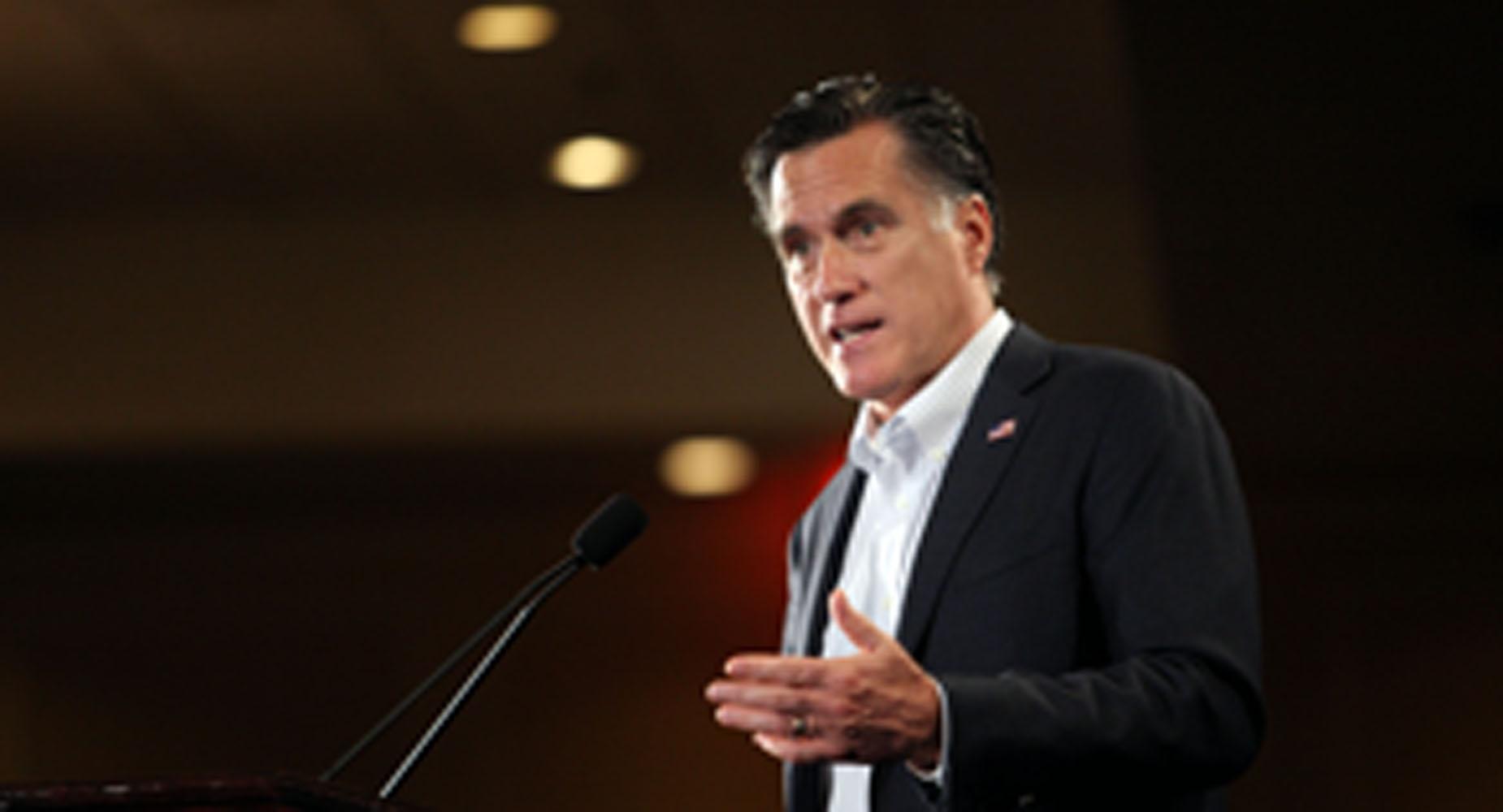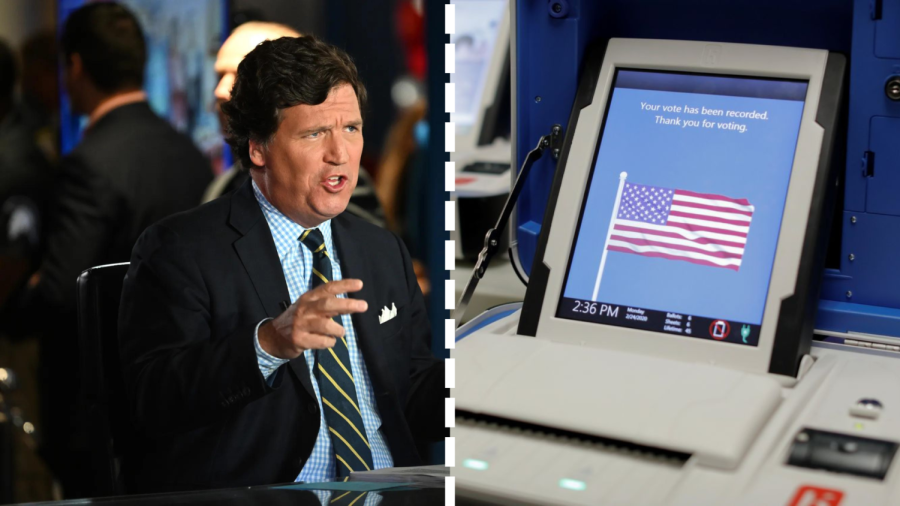Jaded hyper-pluralists generally scoff at modern day politics. Debates, town hall meetings, and pundits are just part of the media circus that entertains more than they inform. The few people who show up to vote often choose the person with whom they would most like to have a beer, while the plethora of political interest groups ultimately pull the strings of the winning candidate.
Whether or not that interpretation of government is true, people still like to be inspired by political candidates. Even the most rational individuals want someone who pulls the heart strings. Hence, the fervent efforts of Republican Mitt Romney to prove that his is not simply the story capitalism’s triumph, but rather the embodiment of American values.
Currently, Mitt Romney is toting a rags-to-riches narrative to the voters in the next primary states, particularly New Hampshire, a state he has just won. While emphasizing his success in the private sector, Romney also makes sure to add the everyman’s touch to his storied business success in leading Staples and Bain Capital Management and his miraculous turnaround of the 2002 Winter Olympics. A central facet of his narrative is his role as a job-creator in the face of persistent unemployment and lagging consumer confidence, and, if his recent statements are to believed, he too has faced the threat of unemployment.
Yet, something is missing in Romney’s narrative. That something could be most aptly described as the element of hope. If you were to ask a typical Republican or Independent why they intend to vote for Romeny, their answer would probably boil down to this: He’s a moderate. That’s hardly something to get excited about.
While some may argue that Obama’s 2008 presidential campaign contained more fluff than substance, an inspiring narrative was something it lacked not. It could be argued that Obama’s early books, Letters to My Father and especially The Audacity of Hope, were just an image-making tool, but they worked. As a biracial child born in the ’60s to a white mother, who struggled through actual poverty to graduate from America’s most prestigious schools and ascend the highest elected offices, he definitely has more material to work with than Romney as far as inspiration goes.
Technically, Romney’s narrative shouldn’t even be an issue, but Americans are fundamentally an optimistic people. The Republican candidate who realizes this might just carry the day. Politics is about jobs, defense, and a medley of social issues, but it’s also about things that are far more intangible. Everyone likes someone to believe in.









